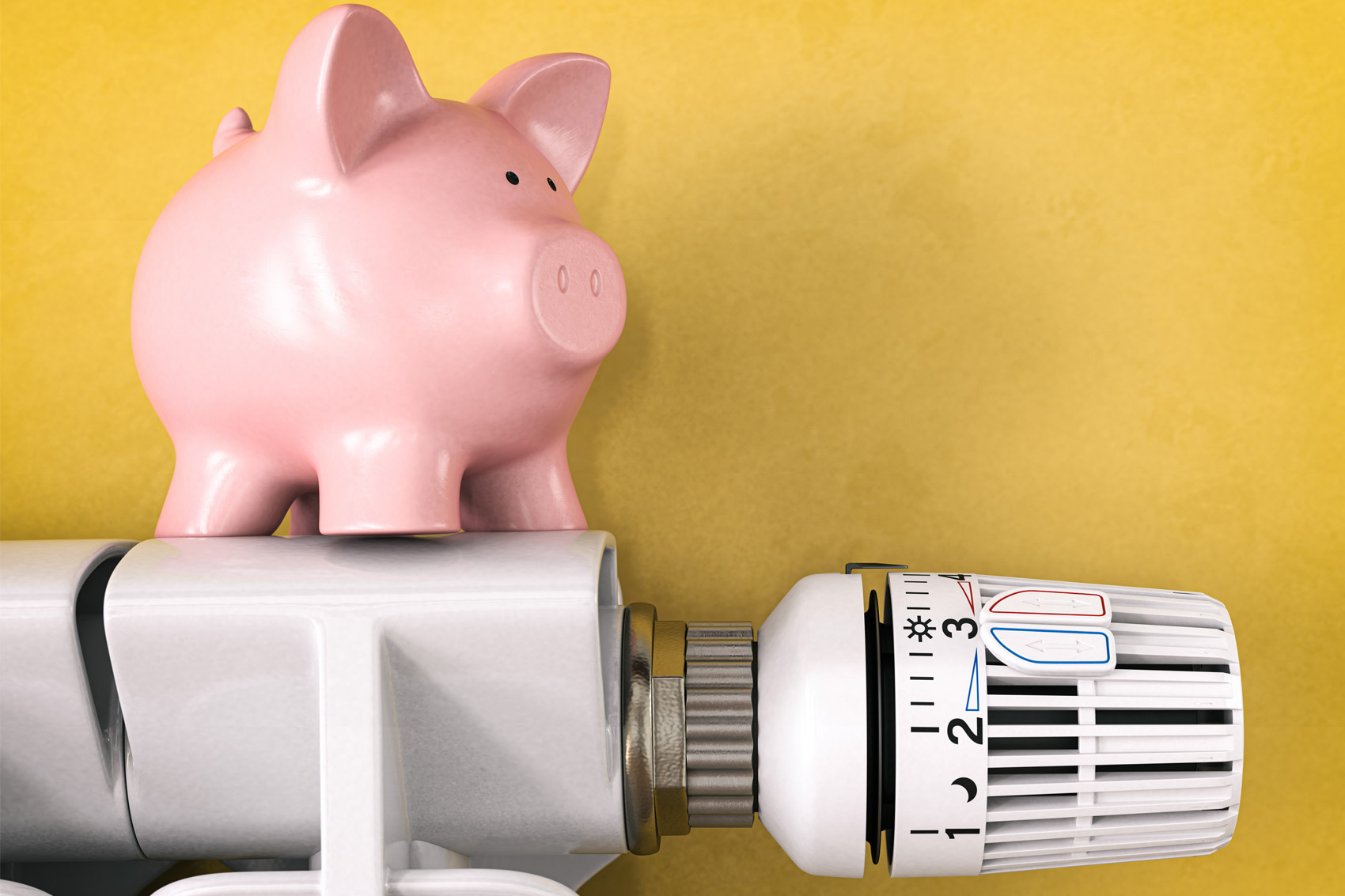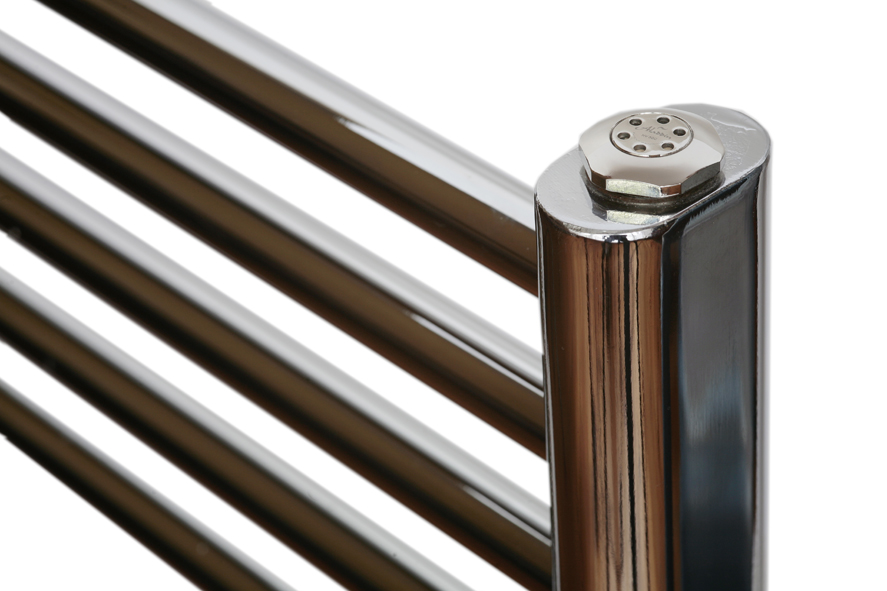

How To Bleed a Radiator
Bleeding a radiator is the process of releasing any trapped air from the system, which can prevent your radiator from heating up properly. To bleed a radiator, you will need a few tools:
- A radiator key or a flat screwdriver (depending on the type of valve on your radiator)
- A towel or cloth to catch any water that may drip out
Here are the steps to bleed a radiator:
- Turn off your heating system to prevent any hot water from flowing through the radiator.
- Locate the valve at the top of the radiator. It will usually be located on one of the sides and will be a small square or hexagonal nut.
- Place the towel or cloth under the valve to catch any water that may drip out.
- Insert the radiator key or flat screwdriver into the valve and turn it anti-clockwise. You should hear a hissing sound as the air is released. Keep turning until water starts to flow out of the valve.
- Once water starts to flow out, quickly turn the valve clockwise to close it again. Be careful not to over-tighten the valve as this could damage it.
- Wipe any water that may have dripped out of the valve with the towel or cloth.
- Turn your heating system back on and check that the radiator is heating up properly.
- Repeat this process for each radiator in your home, starting with the one located furthest from the boiler and working your way back towards it. This will ensure that all of the air is removed from the system.
How Much Can Bleeding a Radiator Save?
How much bleeding a radiator can save will depend on a number of factors, including the size of your home, the number of radiators you have, and how often you bleed them. However, some estimates suggest that bleeding your radiators regularly could save you up to 10% on your energy bills.
For example, if your annual heating bill is £2,500 (a 3-bedroom home typical usage reported by British Gas), bleeding your radiators could save you up to £250 per year. While this may not seem like a significant amount, over time, the savings can add up.
In addition to reducing your energy bills, bleeding your radiators can also help to prolong the life of your heating system, as it reduces the strain on the system and prevents corrosion in the radiators. So, while bleeding your radiators may seem like a small task, it can have a big impact on your home’s energy efficiency and your overall heating costs.
Aladdin Autovent Automatic Radiator Bleeders
Aladdin Autovents automatically bleed air and improve efficiency of radiators, heating systems and underfloor heating networks.
- No need to manually bleed radiators.
- Keeps radiators and heating systems fully heat generating and efficient.
- No gas = reduced corrosion = extended component life.
- Drains air from underfloor heating networks.
- Keeps the radiators hot to the top.
- Save heating and energy costs by optimising radiator efficiency.
- Avoids tenants calling out service engineers just to vent radiators.



 FREE Delivery on all orders over £50
FREE Delivery on all orders over £50 


